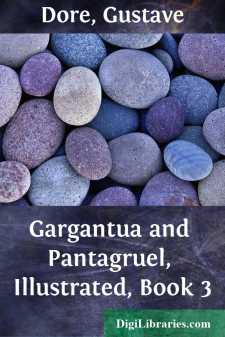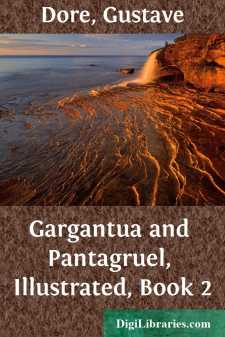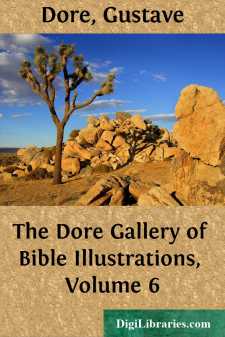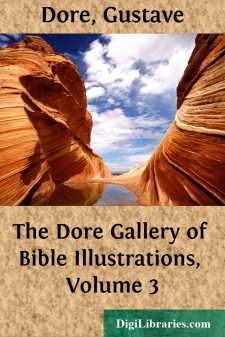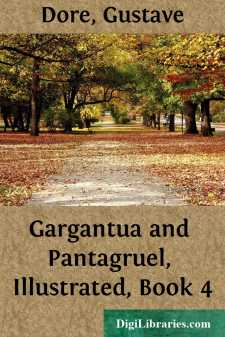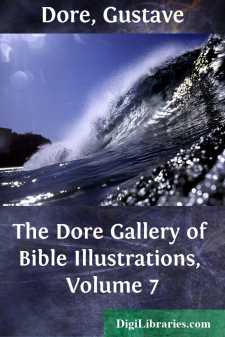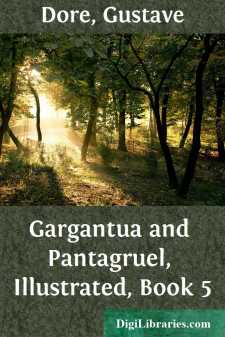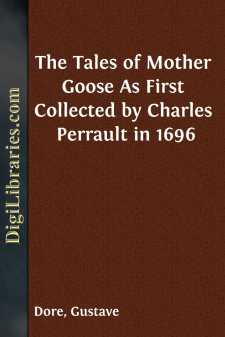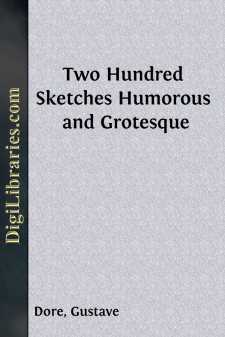Categories
- Antiques & Collectibles 13
- Architecture 36
- Art 48
- Bibles 22
- Biography & Autobiography 813
- Body, Mind & Spirit 142
- Business & Economics 28
- Children's Books 17
- Children's Fiction 14
- Computers 4
- Cooking 94
- Crafts & Hobbies 4
- Drama 346
- Education 46
- Family & Relationships 57
- Fiction 11829
- Games 19
- Gardening 17
- Health & Fitness 34
- History 1377
- House & Home 1
- Humor 147
- Juvenile Fiction 1873
- Juvenile Nonfiction 202
- Language Arts & Disciplines 88
- Law 16
- Literary Collections 686
- Literary Criticism 179
- Mathematics 13
- Medical 41
- Music 40
- Nature 179
- Non-Classifiable 1768
- Performing Arts 7
- Periodicals 1453
- Philosophy 64
- Photography 2
- Poetry 896
- Political Science 203
- Psychology 42
- Reference 154
- Religion 513
- Science 126
- Self-Help 84
- Social Science 81
- Sports & Recreation 34
- Study Aids 3
- Technology & Engineering 59
- Transportation 23
- Travel 463
- True Crime 29
Our website is made possible by displaying online advertisements to our visitors.
Please consider supporting us by disabling your ad blocker.
Gargantua and Pantagruel
by: Gustave Dore
Description:
Excerpt
Chapter 1.I.—Of the Genealogy and Antiquity of Gargantua.
I must refer you to the great chronicle of Pantagruel for the knowledge of that genealogy and antiquity of race by which Gargantua is come unto us. In it you may understand more at large how the giants were born in this world, and how from them by a direct line issued Gargantua, the father of Pantagruel: and do not take it ill, if for this time I pass by it, although the subject be such, that the oftener it were remembered, the more it would please your worshipful Seniorias; according to which you have the authority of Plato in Philebo and Gorgias; and of Flaccus, who says that there are some kinds of purposes (such as these are without doubt), which, the frequentlier they be repeated, still prove the more delectable.
Would to God everyone had as certain knowledge of his genealogy since the time of the ark of Noah until this age. I think many are at this day emperors, kings, dukes, princes, and popes on the earth, whose extraction is from some porters and pardon-pedlars; as, on the contrary, many are now poor wandering beggars, wretched and miserable, who are descended of the blood and lineage of great kings and emperors, occasioned, as I conceive it, by the transport and revolution of kingdoms and empires, from the Assyrians to the Medes, from the Medes to the Persians, from the Persians to the Macedonians, from the Macedonians to the Romans, from the Romans to the Greeks, from the Greeks to the French.
And to give you some hint concerning myself, who speaks unto you, I cannot think but I am come of the race of some rich king or prince in former times; for never yet saw you any man that had a greater desire to be a king, and to be rich, than I have, and that only that I may make good cheer, do nothing, nor care for anything, and plentifully enrich my friends, and all honest and learned men. But herein do I comfort myself, that in the other world I shall be so, yea and greater too than at this present I dare wish. As for you, with the same or a better conceit consolate yourselves in your distresses, and drink fresh if you can come by it.
To return to our wethers, I say that by the sovereign gift of heaven, the antiquity and genealogy of Gargantua hath been reserved for our use more full and perfect than any other except that of the Messias, whereof I mean not to speak; for it belongs not unto my purpose, and the devils, that is to say, the false accusers and dissembled gospellers, will therein oppose me. This genealogy was found by John Andrew in a meadow, which he had near the pole-arch, under the olive-tree, as you go to Narsay: where, as he was making cast up some ditches, the diggers with their mattocks struck against a great brazen tomb, and unmeasurably long, for they could never find the end thereof, by reason that it entered too far within the sluices of Vienne. Opening this tomb in a certain place thereof, sealed on the top with the mark of a goblet, about which was written in Etrurian letters Hic Bibitur, they found nine flagons set in such order as they use to rank their kyles in Gascony, of which that which was placed in the middle had under it a big, fat, great, grey, pretty, small, mouldy, little pamphlet, smelling stronger, but no better than roses....



